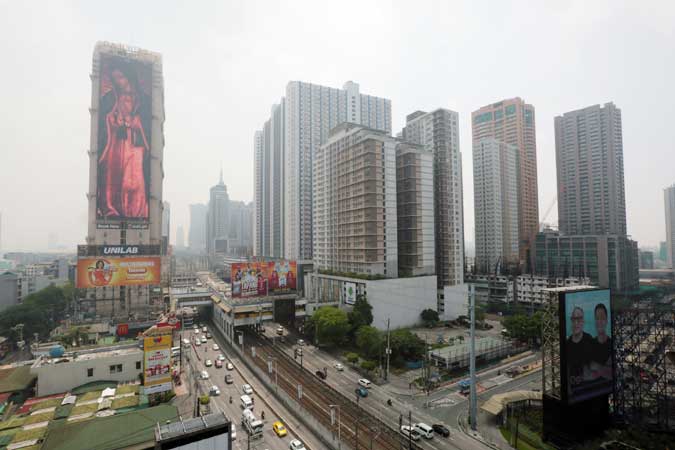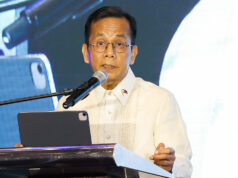BSP may withdraw support only if there are ‘indisputable’ signs of economic recovery

THE CENTRAL BANK will only withdraw monetary support once it sees “indisputable” signs of economic recovery, its governor said on Tuesday.
Bangko Sentral ng Pilipinas (BSP) Governor Benjamin E. Diokno said the timing for the unwinding of its support measures is crucial, adding the central bank will “carry out a disengagement strategy in a way that avoids risks associated with early or late implementation.”
“The BSP will withdraw monetary support only when there are indisputable signs of solid economic recovery amid manageable inflation environment as well as sustained downtrend in community transmission of the virus,” he said at an economic briefing hosted by foreign chambers of commerce.
The Philippine economy has been battered by the pandemic, with gross domestic product (GDP) shrinking by a record 9.6% in 2020. In the first quarter, GDP contracted by 4.2%.
Despite the gradual easing of lockdown restrictions, the outlook remains uncertain due to the slow pace of the vaccine rollout and the threat of another wave of infections as variants emerge.
“We recognize that economic recovery is still in its nascent phase. As such, we will keep our monetary policy supportive of growth and allow previous monetary easing to work its way through the economy,” Mr. Diokno said.
Mr. Diokno had earlier said they will only consider rate adjustments when economic recovery becomes more sustainable, which he expects to happen around the second half of 2022.
The central bank on June 24 kept the key policy rate at a record low of 2%, citing the need to keep an accommodative policy as the coronavirus continues to be a risk to economic recovery.
“When it comes to exit strategy, the BSP recognizes the necessity of carefully balancing the need to ensure sustainability of recovery and the need to guard against risks to the BSP’s price and financial stability objectives,” Mr. Diokno said.
He said that while the BSP has purchased government securities in the secondary market to boost market confidence, the activity “has been scaled down as the economy recovers.”
Meanwhile, Fitch Solutions Country Risk & Industry Research Head of Asia Country Risk Anwita Basu warned that rising oil prices will be a concern for countries like the Philippines and India, which are also seeing inflation beyond target. This could “reduce room” to maintain an accommodative policy, she said.
“They [Philippines and India] are also net oil importers which means that as global oil prices rise, inflation in these countries will also rise further. This will cause more policy makers to reconsider their accommodative stances,” Ms. Basu said at a separate online briefing on Tuesday.
The Philippine Statistics Authority on Monday reported that headline inflation in June rose 4.1%, still above the central bank’s 2-4% target although slower than the 4.5% in May. This brought inflation in the first five months of the year to average 4.4%.
The central bank in June had raised its inflation forecast for 2021 to 4% from 3.9%, citing the impact of higher oil prices and more favorable global economic outlook. — Luz Wendy T. Noble



